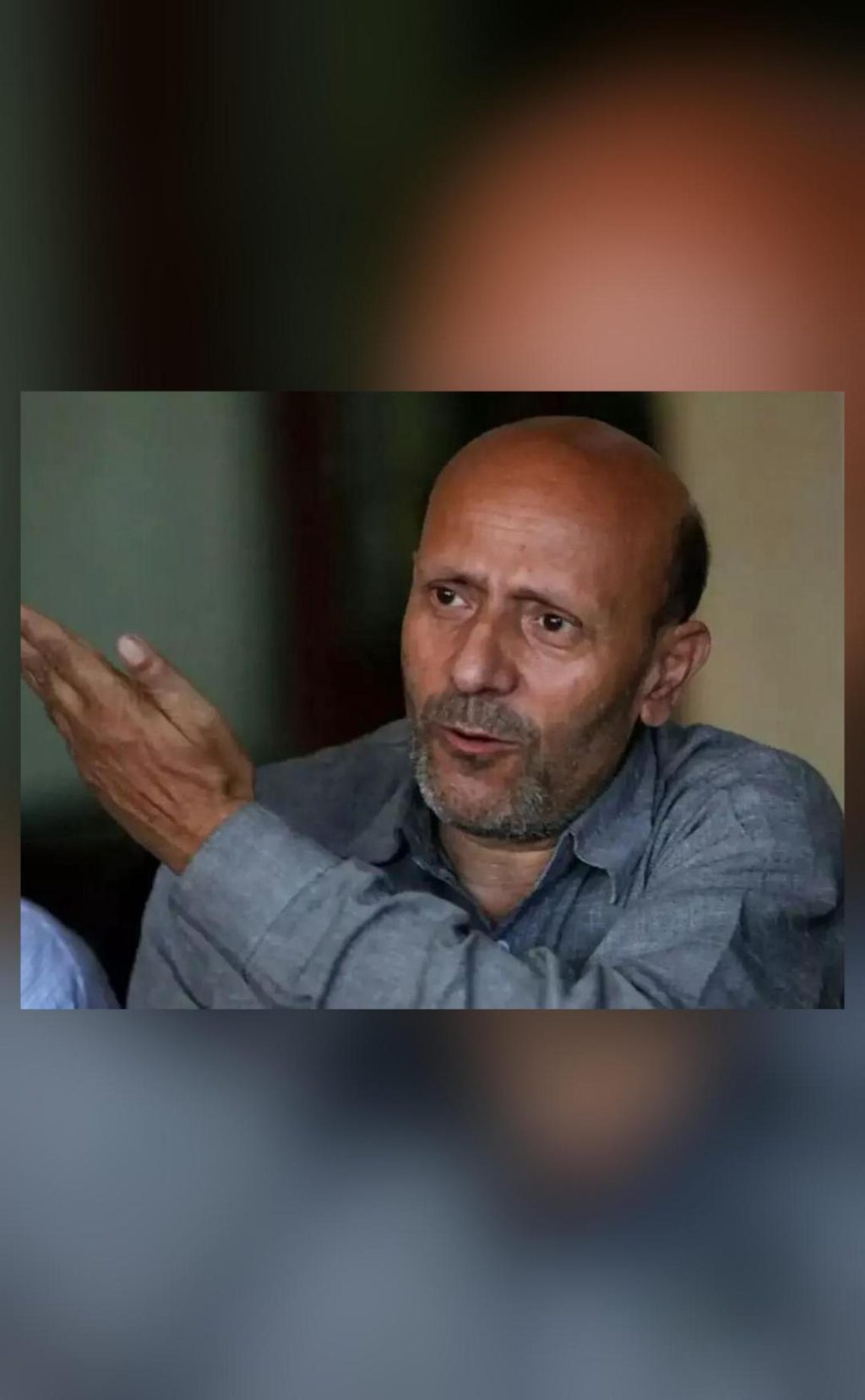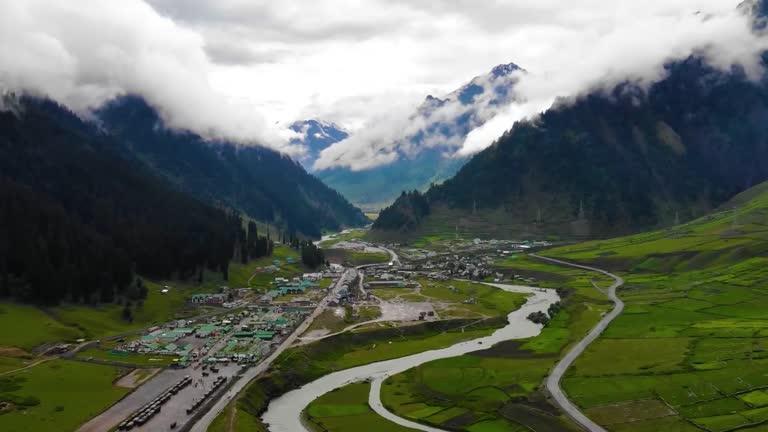
Jailed J&K MP Engineer Rashid gets parole to attend Parliament
In a significant development, the Delhi High Court has granted a two-day custody parole to jailed Baramulla MP Engineer Rashid to attend the ongoing budget session of Parliament. The court imposed conditions on Rashid, including a ban on using phones, the internet, and speaking to media or anyone else. This move comes as a relief to Rashid, who is facing trial in a terror funding case.
Engineer Rashid, a prominent politician from Jammu and Kashmir, was arrested in 2017 and has been languishing in Tihar Jail ever since. The charges against him include conspiracy and terror funding, which he has denied vehemently. Despite his confinement, Rashid has remained a vocal critic of the government’s policies in Jammu and Kashmir, particularly the revocation of Article 370.
Rashid’s request for parole to attend the budget session was filed in the Delhi High Court, which heard his plea and granted him a two-day custody parole. The court’s decision has been welcomed by Rashid’s supporters, who see it as a small victory for the MP.
The conditions imposed by the court are designed to ensure that Rashid does not misuse his parole. He will be escorted by police at all times and will not be allowed to use his phone, access the internet, or speak to anyone, including the media. These restrictions are intended to prevent Rashid from communicating with his supporters or spreading any message that could be perceived as inflammatory.
Rashid’s conviction is still pending, and the trial is ongoing. He has been accused of receiving funds from Pakistan-based terror organizations and using them to fuel unrest in Jammu and Kashmir. Rashid has consistently denied these allegations, claiming that he is a victim of political vendetta.
The granting of parole to Rashid has sparked a heated debate in the political circles. Some have hailed the court’s decision as a sign of its independence and commitment to upholding the law, while others have criticized it as a form of coddling to a terror accused.
The government has maintained that the decision to grant parole to Rashid was taken in accordance with the law and the court’s directions. However, some critics have questioned the timing of the decision, arguing that it could be seen as a political move to pacify Rashid’s supporters or to prevent him from highlighting the plight of the people of Jammu and Kashmir in Parliament.
Rashid’s supporters, on the other hand, see the parole as a small victory in their fight for justice. They argue that Rashid’s conviction is based on flimsy evidence and that he is being unfairly targeted by the government.
The controversy surrounding Rashid’s parole has also raised questions about the justice system in India. Critics argue that the system is biased and that accused individuals are often targeted and punished without a fair hearing.
In conclusion, the granting of parole to Engineer Rashid to attend the budget session of Parliament is a significant development that has sparked a heated debate in the political circles. While some have hailed the decision as a sign of the court’s independence, others have criticized it as a form of coddling to a terror accused. As the trial of Rashid continues, it remains to be seen how the case will unfold and what the implications will be for the people of Jammu and Kashmir.






